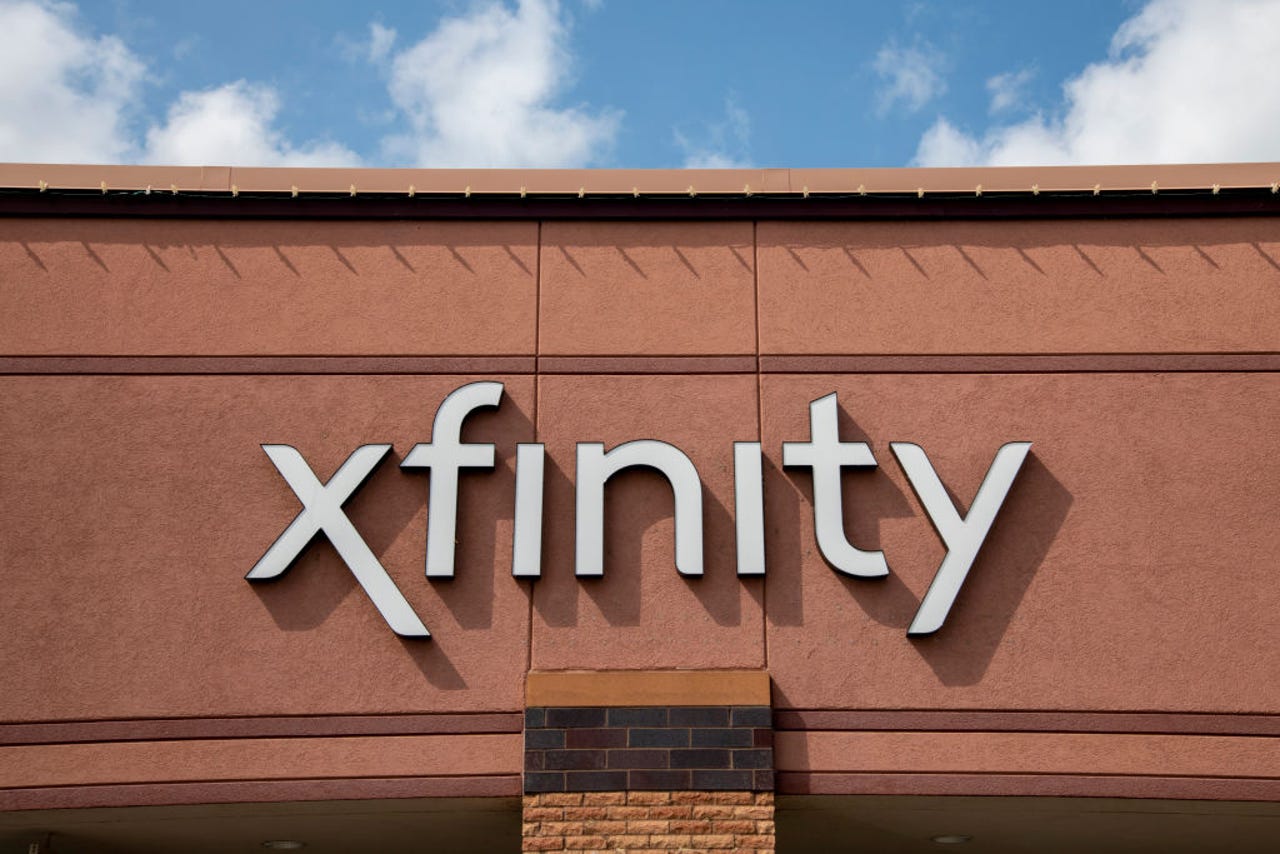He wanted to cancel Xfinity. Xfinity begged for one more chance. Then, a big oopsie


Not Got Bots, right?
I have a simple relationship with Xfinity.
I hope that I can trust it -- in so far as one can trust any large tech conglomerate -- and I try not to communicate with it, unless there's an emergency.
Also: How to watch March Madness 2023: All your streaming options
In return, Xifinity sends me an email thanking me for paying on time.
Over the years, this has largely worked, save for the occasional vast snafu.
I can understand, though, that not everyone has enjoyed such a lasting relationship. I can understand, indeed, that they may want to expunge Xfinity from their lives.
Here, for example, was aviation journalist Seth Miller. He'd clearly had enough. He explained this to Xfinity's AI assistant in very bald terms: "Cancel my Xfinity services."
Also: 10 ways to speed up your internet connection today
Xifinity, the artist formerly known as Comcast, has something of a reputation for not taking no for answer. Who can forget the world's worst retention specialist haranguing a customer who wanted to leave?
So in reply to Miller, the Xfinity assistant wrote: "We value your business and appreciate your loyalty." Yes, it was as if it didn't quite grasp that Miller's loyalty was kaput.
Also: The best AI chatbots
But the assistant bravely continued: "While we know customers leave us, we would like to review your options together and see if there is anything we can do to keep you as a customer. I can connect you with someone who can help, no matter what you decide."
Would you be sorely tempted? I confess I'm somewhat tempted to try canceling right now, just to talk to someone who could help, say, lower my really quite large Xfinity bill.
Helpfully, the assistant gave Miller four options: "Schedule a callback", "chat with an agent", "visit store", and, finally, "scream very loud right now".
Actually, I got that last one wrong. It was "Learn about free internet (ACP)."
With seemingly blessed decency, Miller chose "chat with an agent."
Also: The 5 best internet speed tests
Here, then, was the moment that Xfinity could show its prowess in shifting customer feelings, using the twin pincer of technology and humanity.
You can imagine that Xfinity's assistant responded with uncontrolled glee.
You can also imagine riding a bicycle made of pomegranates.
Xfinity's assistant, you see, replied: "I'm sorry, we're experiencing longer than usual wait times. There aren't any chat agents available right now, but you can call 1-800-XFINITY or try chatting again later. Here's some helpful info and common solutions for digital support."
Ah. Oh.
There was that word "helpful" again, employed in its often contemporary meaning: "Yeah, this isn't really helpful, is it?"
Miller, helpfully, explained his own feelings on Twitter: "Look, @XfinitySupport, I'm going to cancel service no matter how hard you try to make that impossible. And then your phone line bullies me into trying the chat, which I already know won't work. All you're doing is wasting my time. Think that'll get me to change my mind??"
If you're going to use technology and humanity in a seamless dance, it's worth making sure it actually works. Otherwise, customers will get upset and tell other people how upset they are -- which really is quite bad for business.
Also: How to use ChatGPT: Everything you need to know
Here, though, there was an even greater torture.
Said Miller, in a subsequent tweet: "Ironically, there was zero wait on the phone, despite the IVR trying to force me to chat. And the rep was happy to handle the request. But the process is garbage."
The customer service process always needs work, investment and not a little love.
Research repeatedly shows that cheery chatbots may not be quite the solution companies think.
Here, for example, is research from Georgia Tech: "Cheerful Chatbots Don't Necessarily Improve Customer Service." And here's a survey in which 53% of people described chatbots as "annoying."
But they're so cost effective, right?